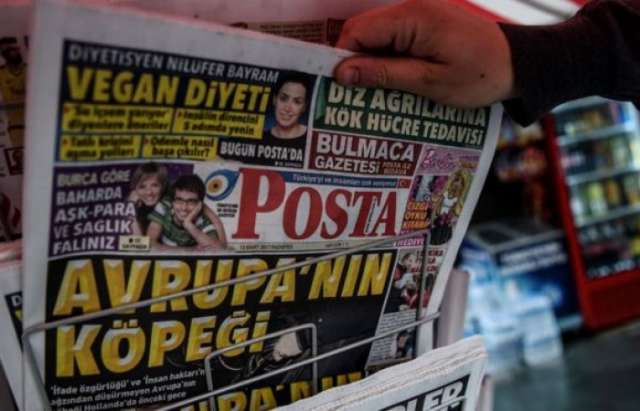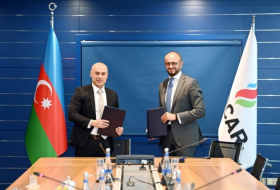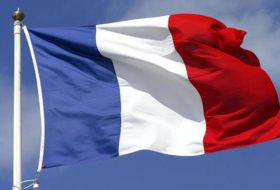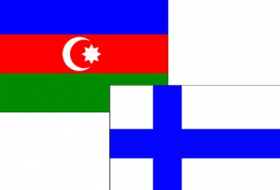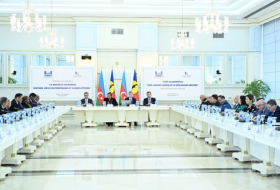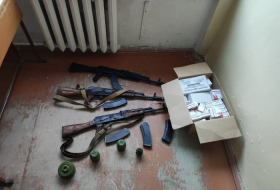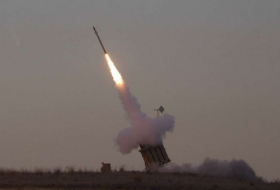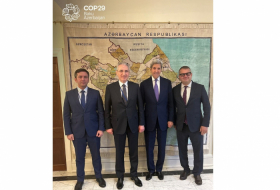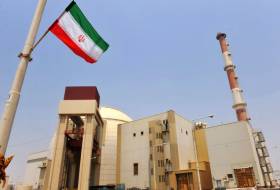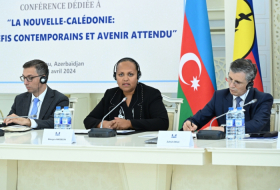Turkish President Recep Tayyip Erdogan vowed retaliation, saying: "Nazism is still widespread in the West".
German Chancellor Angela Merkel rejected the comments as unacceptable and offered the Netherlands her "full support and solidarity".
On Monday, the Dutch foreign ministry issued a new travel warning, urging its citizens in Turkey to take care and noting the new "diplomatic tensions".
The warning to "avoid gatherings and crowded places" came as Turkey's foreign ministry lodged a formal protest with the Dutch envoy.
Meanwhile, the Dutch deputy prime minister, Lodewijk Asscher, said that "to be called Nazis by a regime which is walking backwards in regards to human rights is just disgusting".
European Union leaders called for calm.
"It is essential to avoid further escalation and find ways to calm down the situation," said a joint statement by foreign policy chief Federica Mogherini and enlargement commissioner Johannes Hahn.
The BBC's Mark Lowen, in Istanbul, says that Turkey and the Netherlands, two Nato allies, are now locked in an "unprecedented diplomatic crisis".
How did the row come about?
The proposed rallies aimed to encourage a large number of Turks living in Europe to vote Yes in a referendum on 16 April on expanding the president's powers. The plans were criticised by senior EU officials on Monday.
In Germany, for example, there are more than three million people of Turkish origin, of whom an estimated 1.4 million are eligible to vote in Turkish elections. In effect, the diaspora is Turkey's fourth-largest electoral district.
Planned rallies in Germany, Austria and the Netherlands were blocked after officials cited security concerns or said the rallies could stoke tensions.
A gathering in France went ahead, however, after officials said it did not pose a threat.
Two Turkish ministers were barred from addressing rallies in the Dutch city of Rotterdam, with one of them escorted to the German border.
Police used dogs and water cannon against protesters waving Turkish flags in Rotterdam.
How did Turkey respond?
Mr Erdogan likened the Netherlands to "a banana republic", demanded international organisations impose sanctions on the Netherlands, and accused countries in the West of "Islamophobia".
"I have said that I had thought that Nazism was over, but I was wrong," he said.
Turkey's EU affairs minister, Omer Celik, said Ankara would retaliate against the Netherlands with "sanctions".
On Monday, Anadolu news agency quoted him as saying Turkey should reconsider part of a deal with the EU aimed at curbing the flow of migrants to the bloc, namely Turkey's efforts to prevent migrants crossing by land to Greece and Bulgaria.
On Monday morning, the Dutch charge d'affaires in Ankara was summoned for the third time in three days in protest against the treatment of the minister escorted to Germany and the treatment of protesters in Rotterdam.
What did European countries say?
Dutch PM Mark Rutte said Mr Erdogan's comment that the Dutch were "Nazi remnants" was "unacceptable", and demanded an apology. The pressure from Turkey comes days before the Dutch election, in which Mr Rutte is facing pressure from anti-Islam candidate Geert Wilders.
Responding to Turkish calls for sanctions, he said the Netherlands would "never negotiate under threat".
In a news conference on Monday, Mrs Merkel said she had condemned Nazi analogies made by Mr Erdogan about Germany the previous week.
"This rejection is also valid for our allies. These comparisons are completely misguided... particularly in the Netherlands that endured so much agony through the National Socialists," she said.
"That's why the Netherlands can count on my complete support and solidarity in this."
Danish Prime Minister Lars Lokke Rasmussen said he had postponed a meeting later this month with his Turkish counterpart Binali Yildirim because "with the current Turkish attacks on Holland the meeting cannot be seen separated from that".
More about: #Turkey #Netherlands








